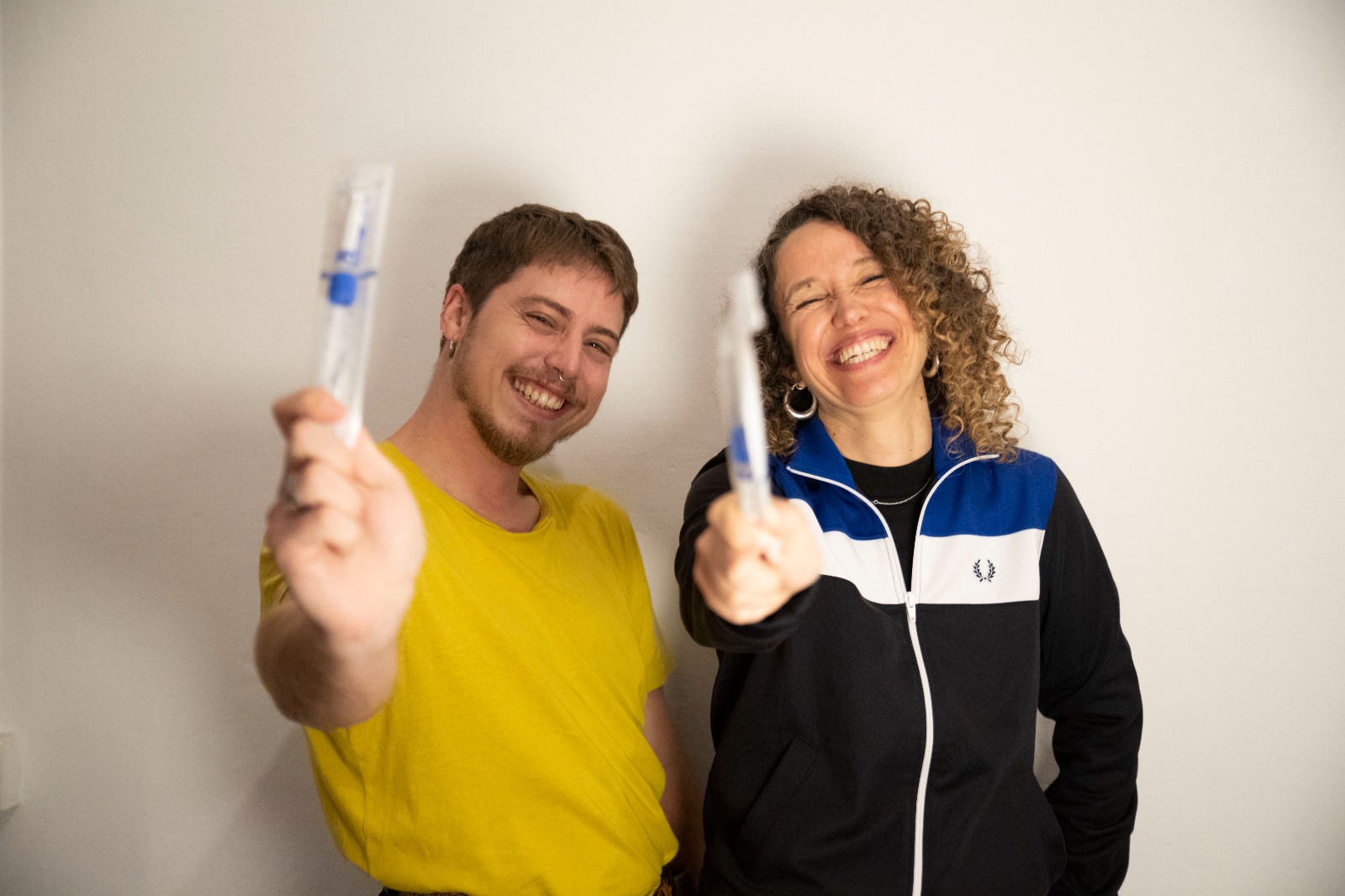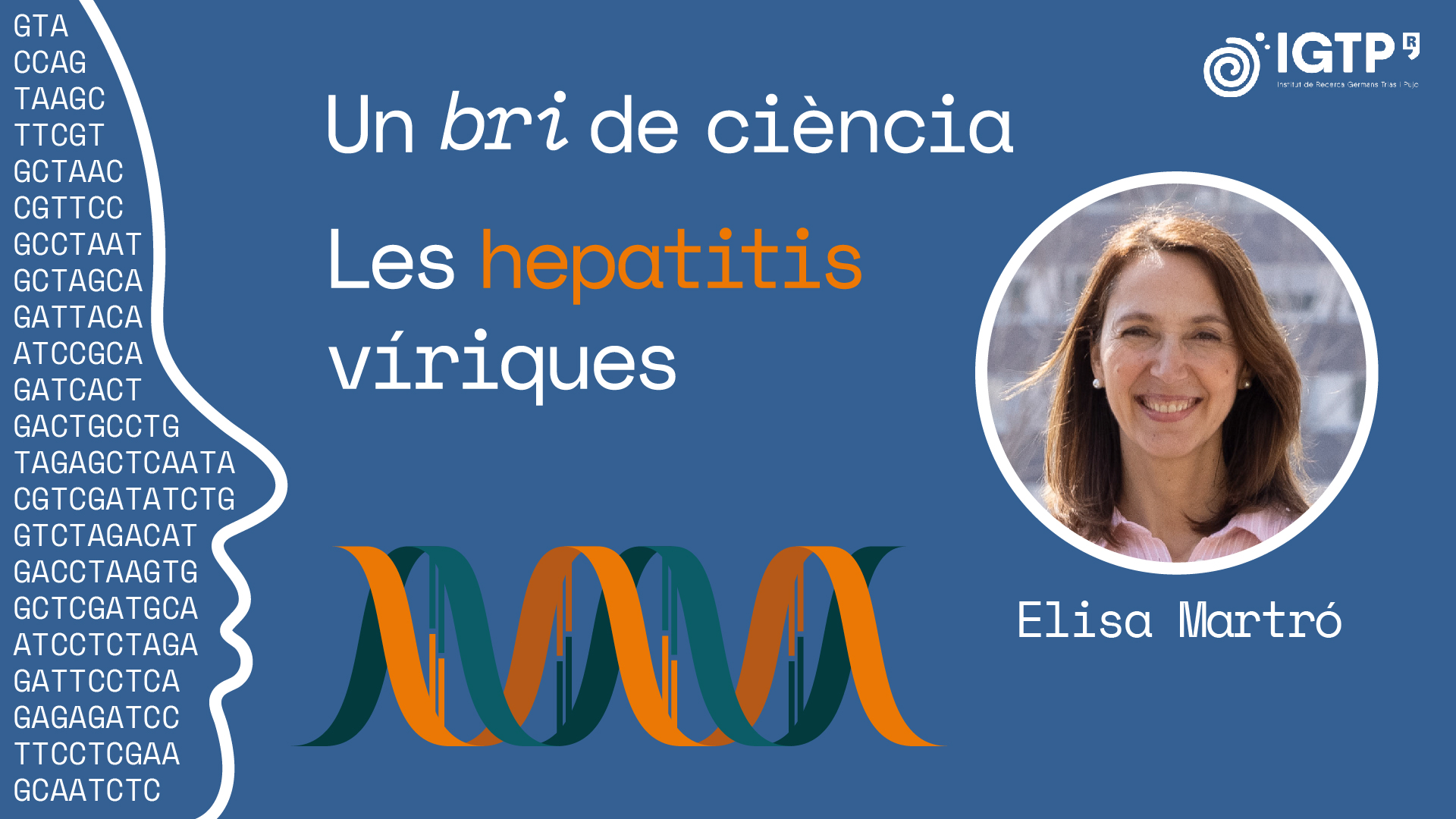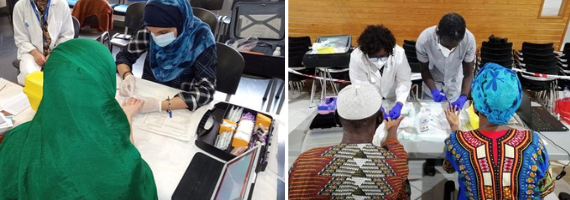Students from Badalona discover research at the Can Ruti Campus during Science Week
Nearly two hundred baccalaureate and vocational training students have taken part in a new edition of the activity "Open House: get to know the Can Ruti Campus up close", once again consolidating the campus's commitment to scientific outreach and to fostering vocations among young people.






_1717754567.png)



